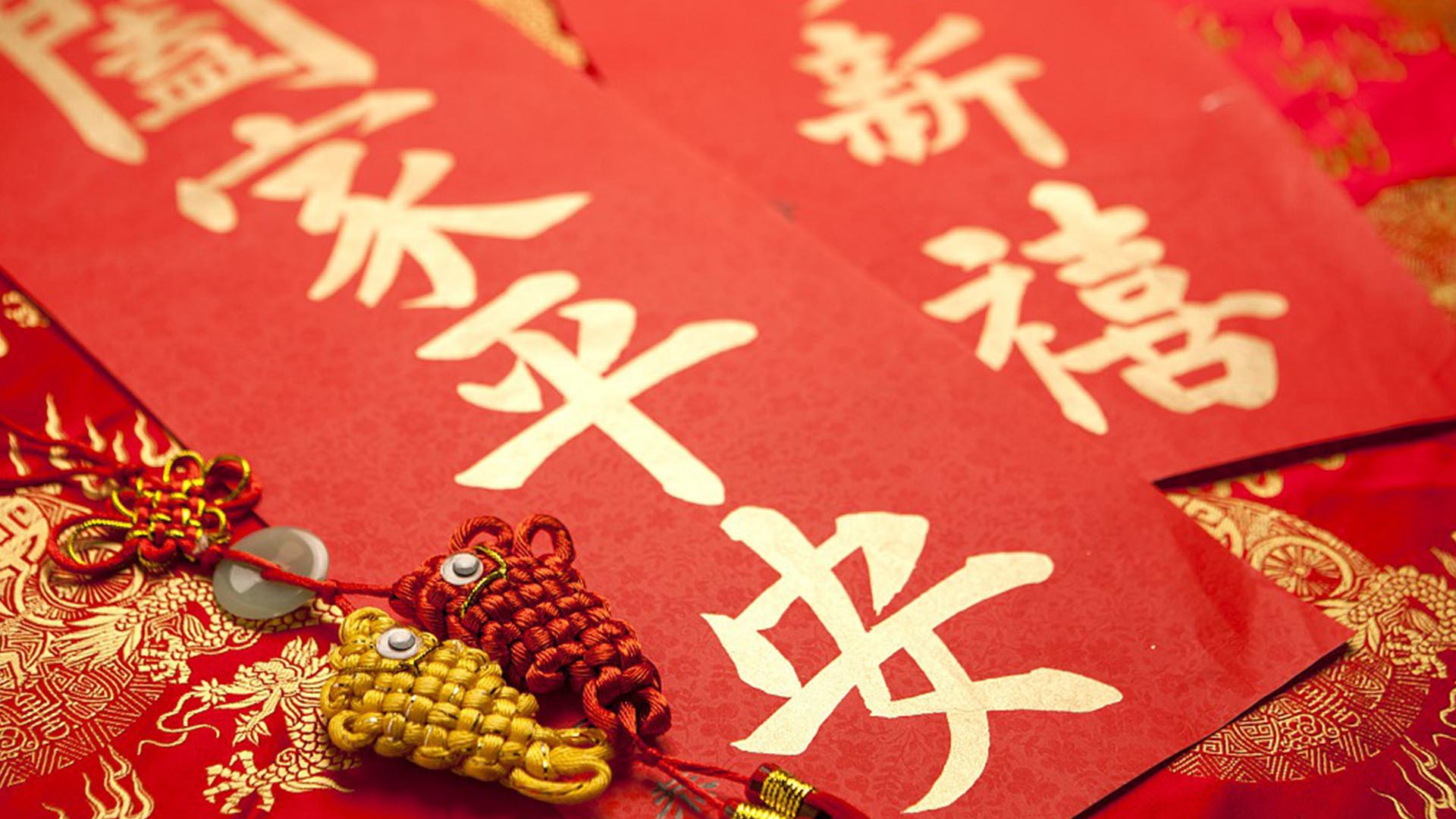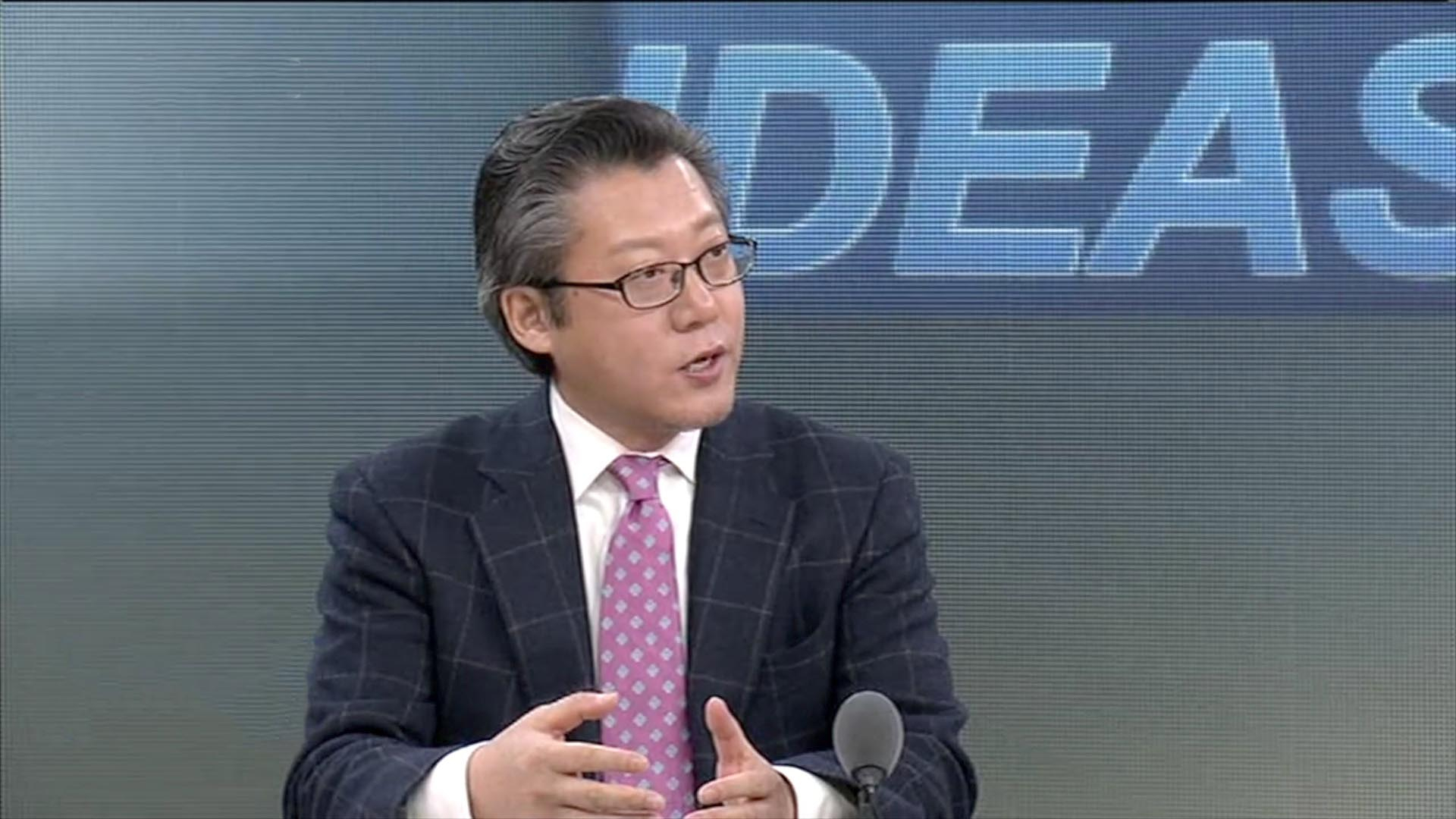
TV Show
13:51, 05-Feb-2019
Opinion: Spring Festival sees retention of core tradition amid changes
Updated
15:01, 05-Feb-2019
The Dialogue with Yang Rui
00:53

Family is at the core of the Spring Festival celebration. It's a tradition to travel long distances home to sit together with family members around the table and enjoy a big feast on Lunar New Year's eve. While that is still the choice of many Chinese people, other options such as traveling overseas and spending the holiday with friends are becoming more popular.
Professor Teng Jimeng from Beijing Foreign Studies University pointed out that this is the most important occasion for family reunion, celebration and togetherness, but more and more young people are deciding to spend the new year differently.
“We are now witnessing a changed way of thinking and behaving,” commented Teng.
Joanna Cheng, an intercultural critic based in New York, believes family reunion is still the way to go, and when people travel, they travel with the family as a unit. Maybe the location has changed, but the traditional values of meeting family members, having a time of healing, and tracing the past by visiting ancestors are unchanged.
00:39

Joanna Lei, a former legislator in Taipei added that besides family, Lunar New Year is a time for bosses to show appreciation to their employees and for young people to have fun.
“Love, appreciation and merry-making are the three main aspects of Lunar New Year in Taipei, in Taiwan,” summarized Lei.
Watching the Spring Festival gala is another tradition for many families, with family members watching the same TV program at different places at the same time. “The idea that we're watching the same thing is important, and still represent the sameness and togetherness,” said Teng.
Cheng, on the other hand, thinks the gala has increasingly become a backdrop to family activities such as eating dumplings and playing with fireworks.
“The gala is a beautiful way of presenting art and performances,” said Cheng. “I would like to see more creativity with the gala.”
Cheng's view was echoed by Teng, who thinks that in order to attract young people who are tech savvy and have a shorter attention span, the gala needs to use new visualization technology and present individualized performances.
“(We should) try to work something that is creative into this very performance,” concluded Teng.
(If you want to contribute and have specific expertise, please contact us at opinions@cgtn.com)

SITEMAP
Copyright © 2018 CGTN. Beijing ICP prepared NO.16065310-3
Copyright © 2018 CGTN. Beijing ICP prepared NO.16065310-3